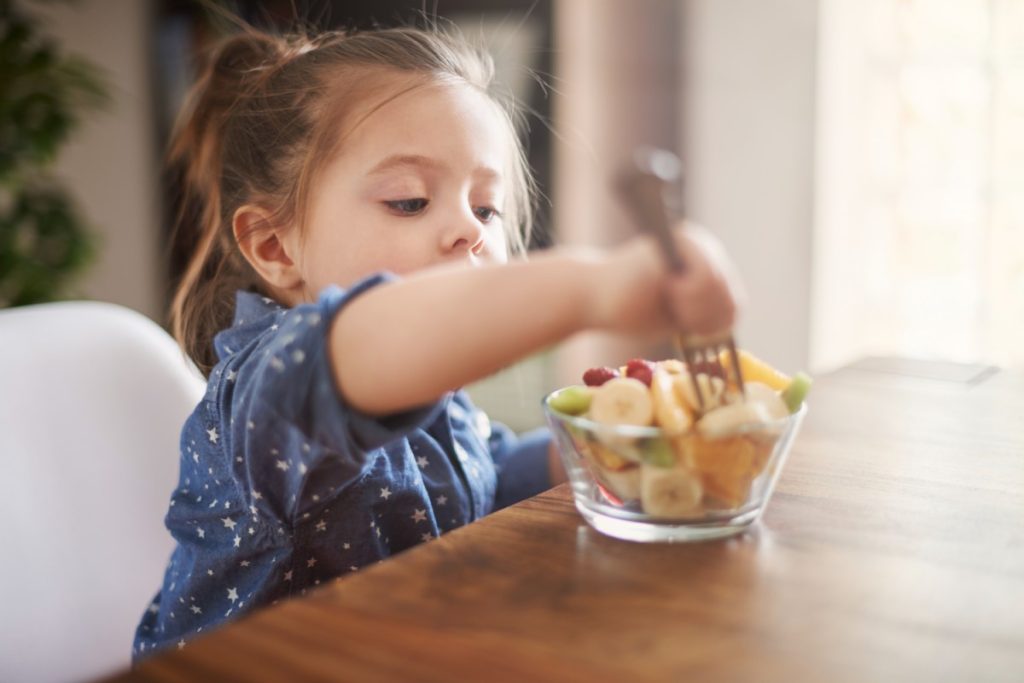At Little Planet Preschool, we believe that a child’s relationship with food is as fundamental as their early experiences with language, play, and social interaction. The preschool years are not only a time of immense physical growth—they are also a critical window for shaping long-lasting habits and attitudes toward nutrition. In an era where ultra-processed foods and convenience snacks often displace whole, nutrient-rich meals, it becomes all the more urgent to guide young children toward healthy eating patterns with care, creativity, and consistency.
The Importance of Early Nutrition
From a developmental standpoint, nutrition plays a vital role in brain development, emotional regulation, immune system support, and overall physical growth. Yet beyond the biochemical necessities, the preschool years are when children begin to internalize patterns of behavior—including how, when, and why they eat. Establishing positive mealtime routines and offering a diverse array of whole foods helps children develop:
-
Palates that embrace variety
-
Emotional regulation around food
-
Autonomy and body awareness in recognizing hunger and fullness cues
Research consistently shows that children who are exposed to a variety of healthy foods in early childhood are more likely to continue those habits into adolescence and adulthood.
Strategies for Cultivating Healthy Eating Habits
1. Modeling Behavior
Children learn by observing the adults around them. Teachers and caregivers who model enthusiastic enjoyment of fruits, vegetables, and balanced meals send powerful, implicit messages about food. At Little Planet, our educators participate in snack and mealtime routines, demonstrating positive attitudes toward healthy choices.
2. Making Mealtimes Predictable and Positive
Regularly scheduled meals and snacks help preschoolers understand structure and reduce anxiety around food. Creating a calm, unhurried environment for eating allows children to focus on the sensory and social aspects of the experience. Avoiding pressure (e.g., “just one more bite”) allows children to stay attuned to their own hunger and satiety cues.
3. Offering Choice Within Limits
Rather than dictating every food choice, offer autonomy within healthy boundaries: “Would you like apple slices or carrot sticks?” This fosters a sense of control while still keeping choices within a nourishing framework.
4. Involving Children in Food Preparation
Even at preschool age, children can wash vegetables, stir ingredients, or help set the table. Involvement increases curiosity and willingness to try new foods. When children take part in preparing their meals, they gain a deeper appreciation of what they’re eating—and how it got to their plate.
5. Normalizing Repeated Exposure
It’s developmentally normal for children to reject unfamiliar foods. Research suggests it can take up to 15 exposures before a child accepts a new item. At Little Planet, we offer small, low-pressure opportunities to explore new tastes and textures over time—without coercion or reward.
Navigating Picky Eating and Food Preferences
It’s important for families to understand that picky eating is a phase many preschoolers go through. The key is to avoid turning mealtime into a power struggle. Instead:
-
Offer a “safe food” along with new items
-
Avoid using desserts or snacks as bribes or rewards
-
Trust that a child’s appetite may vary from day to day
Above all, keep the experience positive and free of shame or pressure.
Partnering with Families
At Little Planet Preschool, we view nutrition education as a collaborative effort between educators and families. We offer:
-
Seasonal menu planning with fresh, whole ingredients
-
Nutrition workshops and resources for parents
-
Classroom activities that integrate food and garden education
Together, we can reinforce healthy habits both at home and in school, ensuring a consistent and nurturing message around food.
Planting Seeds for a Healthier Future
Healthy eating is not simply about nutrients—it’s about fostering a sense of connection, curiosity, and care around food. When we introduce children to real food in a joyful and pressure-free way, we are doing more than nourishing their bodies. We are cultivating the roots of a resilient, lifelong relationship with wellness.
At Little Planet Preschool, we’re proud to nurture this growth—one bite at a time. Please visit us.

